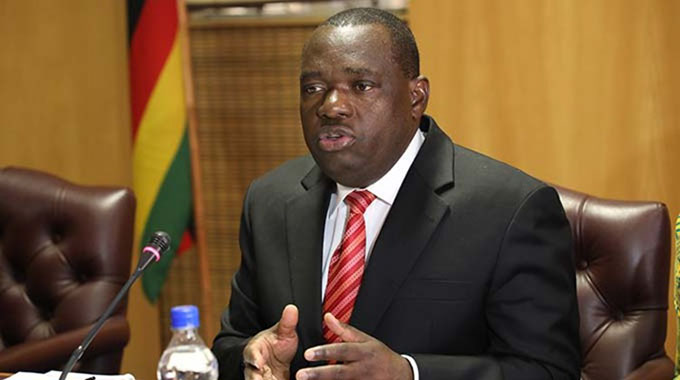SA unveils rescue plan for Eskom

South Africa unveiled its long-awaited plan to save the debt-stricken state power utility, including exposing it to greater competition, lowering fuel costs and increasing renewable-energy output.
A policy paper released by Public Enterprises Minister Pravin Gordhan on Tuesday envisions Eskom relinquishing its almost century-old near-monopoly of the electricity industry.
As a first step, its transmission unit will be hived off while remaining under the control of a state holding company, a move that will make it easier for private generators to supply the national grid.
Eskom, which supplies about 95 percent of South Africa’s power and owes R450 billion is considered the biggest risk to the national economy.
While the government has allocated the utility R128 billion in bailouts over the next three years, that won’t be enough to stabilise its finances because it isn’t generating enough income to cover its interest payments and operating costs.
Finance Minister Tito Mboweni was expected to outline broad principles for tackling Eskom’s debt when he delivered his mid-term budget yesterday, with more detail to be provided next week.
The issue wasn’t covered in the policy paper.
A new chief executive officer for Eskom will also be announced next week, as will an interim board for the transmission unit, Gordhan said.
The utility has been without a permanent CEO since Phakamani Hadebe quit in July and the post has been temporarily filled by its chairman, Jabu Mabuza.
Eskom will look to cut its cost of coal and diesel and is trying to renegotiate contracts it concluded with independent suppliers of renewable energy with the aim of getting them to lower their prices, according to the policy paper.
The utility is also looking at how it can utilise coal plants that are set to be decommissioned for other purposes, possibly battery storage, so they don’t have to be shut down completely, it said. — Bloomberg.









Comments